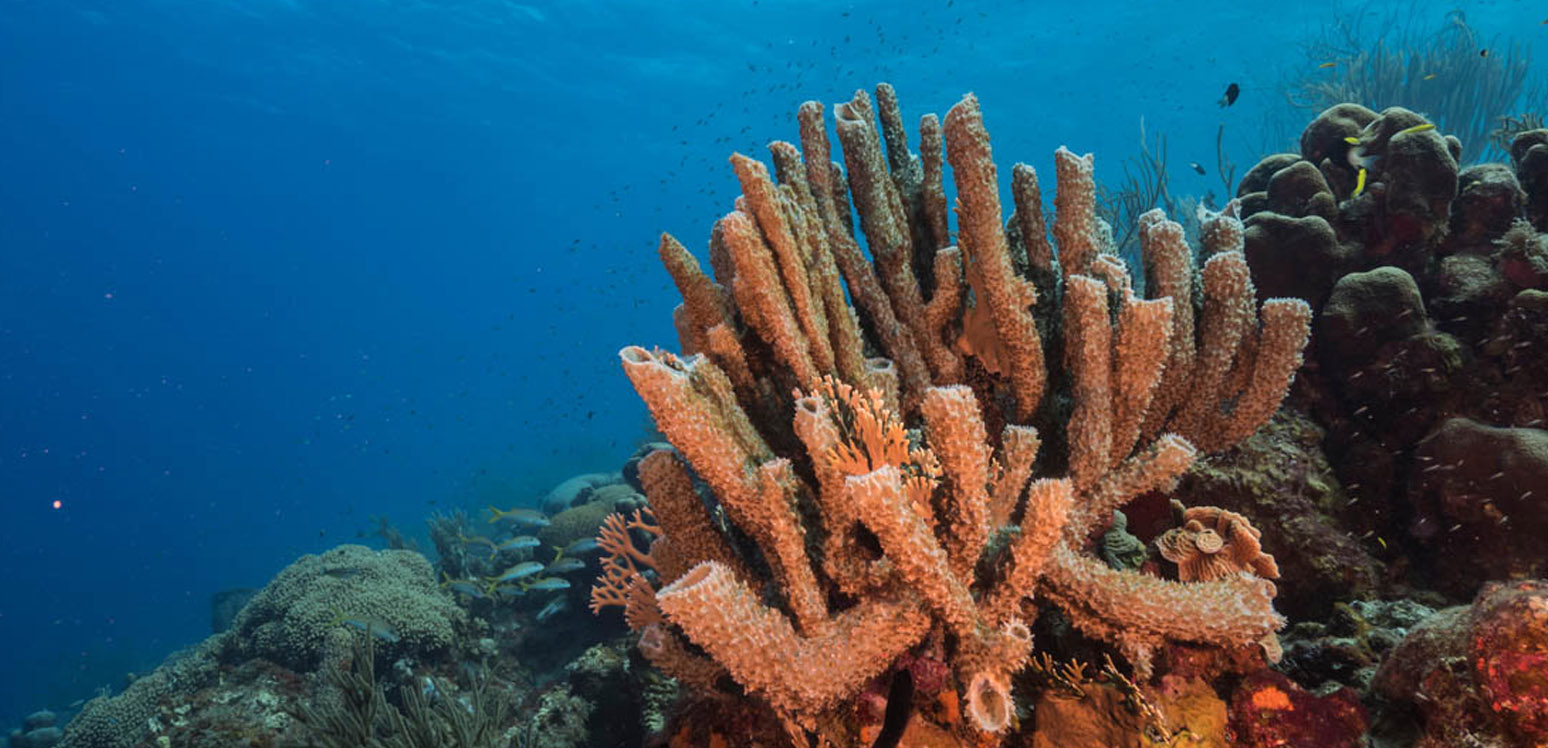Course Overview
Be a part of something groundbreaking with Swansea University’s MSc in Marine Restoration and Conservation, which is designed to equip you with the skills you’ll need to tackle one of the biggest challenges of our time, restoring our ocean ecosystems.
You will learn how to lead the way in marine restoration, developing cutting-edge skills in conservation and restoration techniques, from rebuilding seagrass meadows to restoring coral reefs and improving fish populations.
The programme provides you with numerous opportunities to get hands-on experience. You can take part in fieldwork, laboratory research, and can benefit from industry placements with top conservation organisations, gaining real-world skills that employers value. You will also be able to connect with experts through these processes, where you can work alongside policymakers, NGOs, scientists and industry leaders who are all shaping global restoration efforts.
This degree will help you turn science into action, developing your understanding of how restoration aligns with global initiatives, such as the UN Decade on Ecosystem Restoration and the EU’s Restoration Law.
By the end of the programme, you will have the knowledge and skills you need to build a career that has impact. We will prepare you for exciting roles including positions in marine restoration, conservation, policy, environmental consultancy and marine management, which are all part of a rapidly growing sector.
With this increasing global investment in marine restoration, this MSc puts you at the forefront of the movement towards rebuilding ocean life, and the future needs restoration scientists like you.





